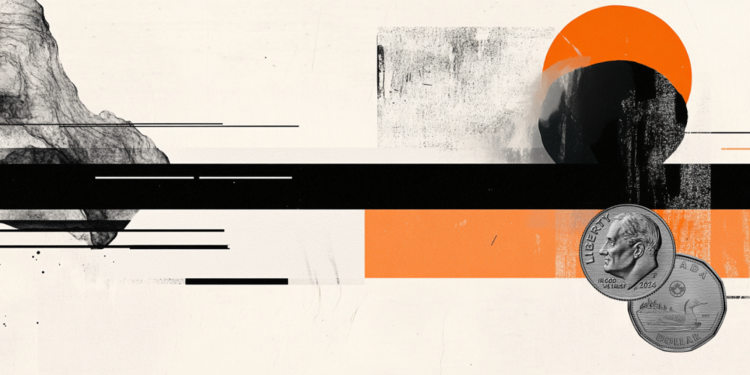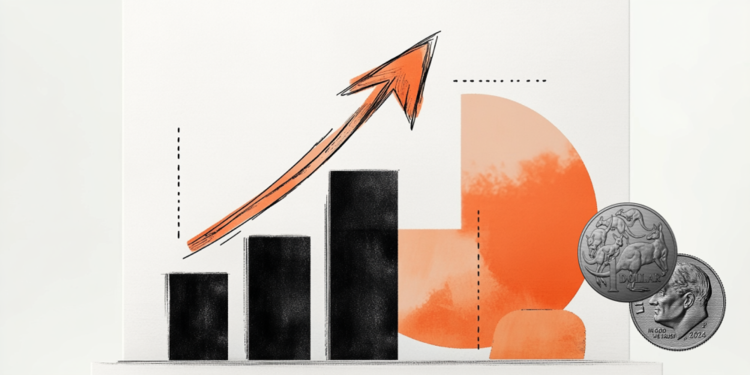Chile ended last year with consumer inflation of 12.8%, the highest in 30 years, in a country accustomed for decades to an annual rise in the cost of living of around 3%. The information was released this Friday (6th) by the National Statistics Institute (INE), which recorded a monthly increase of 0.3% in prices in December compared to the previous month.
Annual inflation exceeded by more than five percentage points that of 2021, the year in which there was a sharp rise in the cost of living, after Chileans withdrew more than US$ 51 billion from their pension funds, which were added to another US$ 35 billion in aid to face the pandemic, flooding the market with excess liquidity.
In addition, last year there was the impact of the Russian invasion of Ukraine, with increases in global prices of grains and fuel. Chile depends almost entirely on foreign oil and the increase in its value affects the entire production chain.
Experts believe that, in the first quarter, inflation will remain above two digits. The Central Bank estimates that 2023 will close with an increase of 3.6%, while analysts predict between 4% and 5%.
In order to curb inflation, the Central Bank began a cycle of increases in the basic interest rate in mid-2021, taking it from 0.50% to 11.25% in December, when it warned that it would remain at that level until a consolidation was achieved. decrease in the high cost of living. The goal of the Chilean Central Bank is to return to an annual inflation rate of 3%.
Source: CNN Brasil
A journalist with over 7 years of experience in the news industry, currently working at World Stock Market as an author for the Entertainment section and also contributing to the Economics or finance section on a part-time basis. Has a passion for Entertainment and fashion topics, and has put in a lot of research and effort to provide accurate information to readers.







